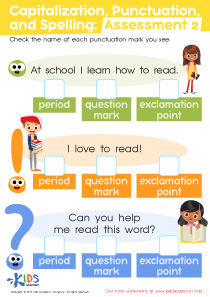Vocabulary expansion Easy Grammar Worksheets for Ages 3-5
6 filtered results
-
From - To
Enhance your child's vocabulary with our engaging Vocabulary Expansion Easy Grammar Worksheets, designed specifically for ages 3-5. These worksheets provide a fun and interactive way for young learners to explore new words and improve their language skills. Each activity encourages creativity and critical thinking, helping children make connections between words and meanings. With colorful illustrations and simple instructions, our worksheets are perfect for both home and classroom use. Foster a love for learning early with these entertaining worksheets that pave the way for future academic success. Start expanding your little one's vocabulary today!
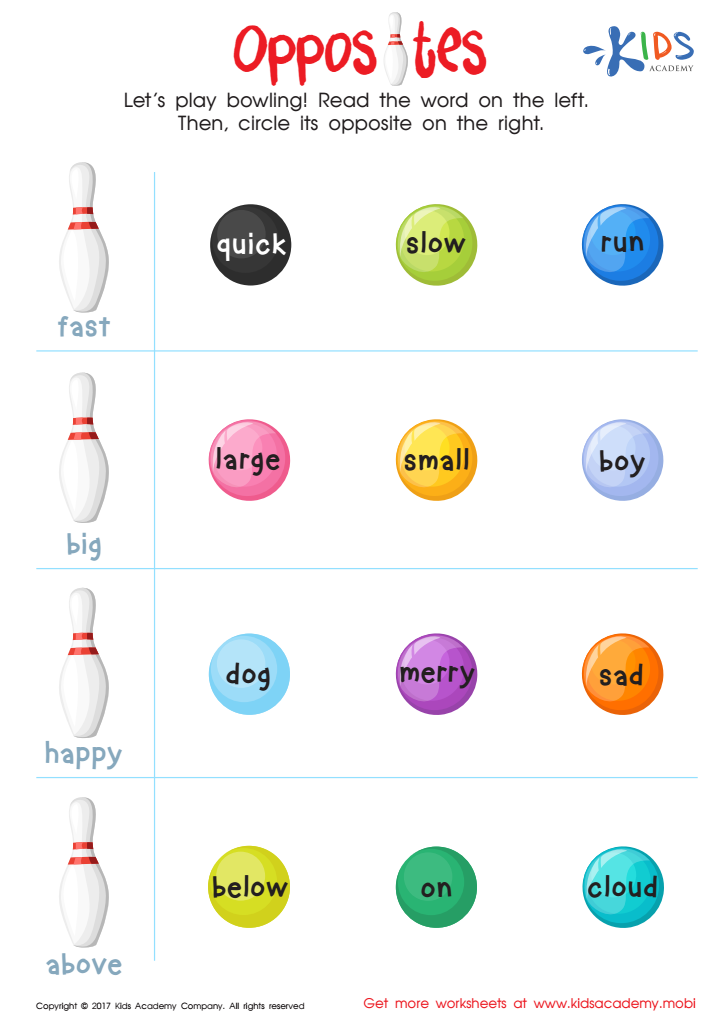

Opposites Worksheet
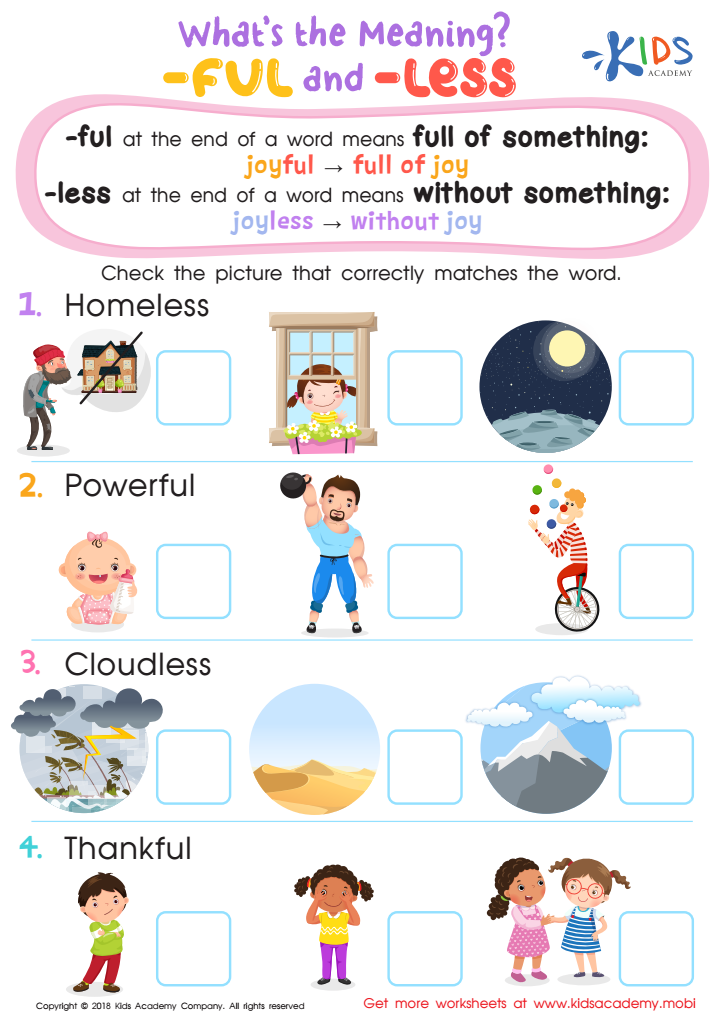

What's the Meaning? Worksheet
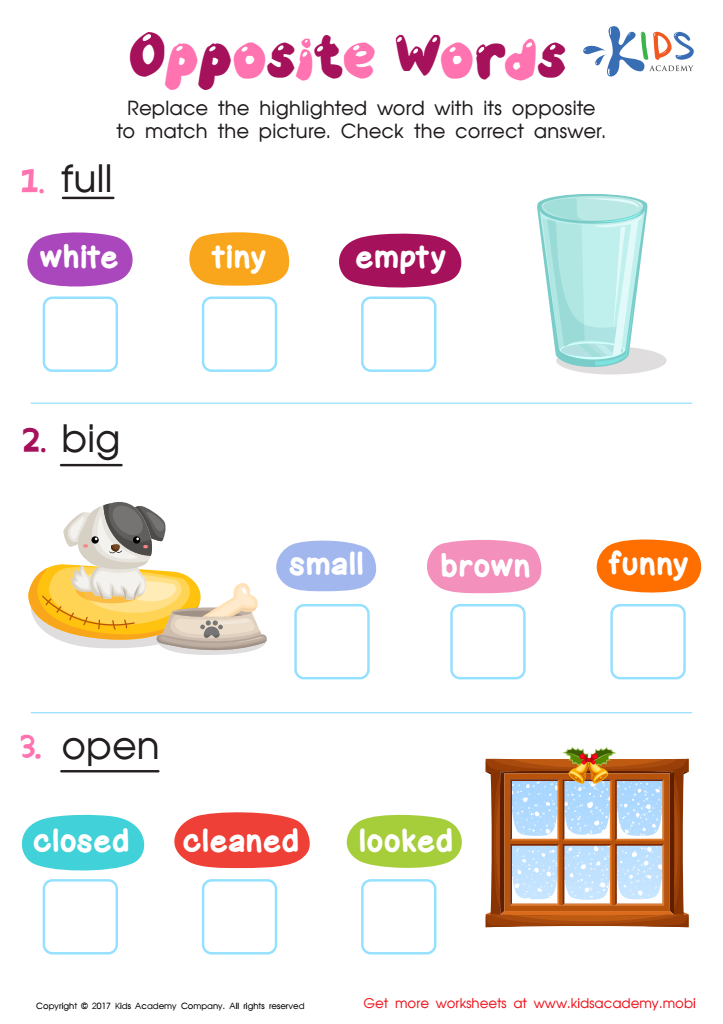

Opposite Words Worksheet
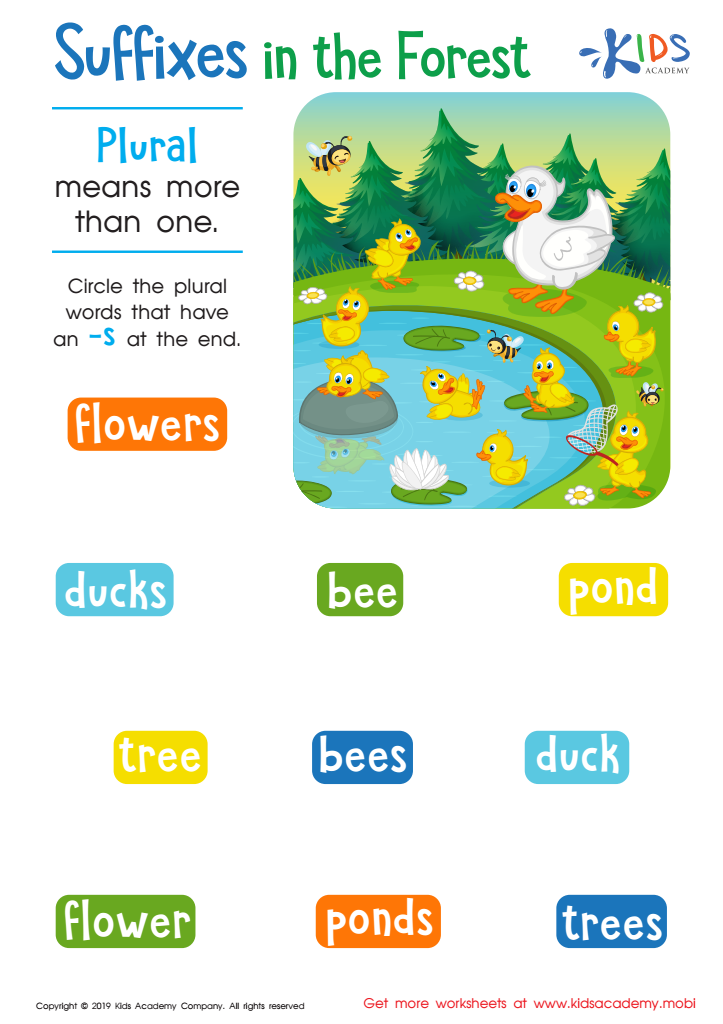

Suffixes in the Forest Worksheet
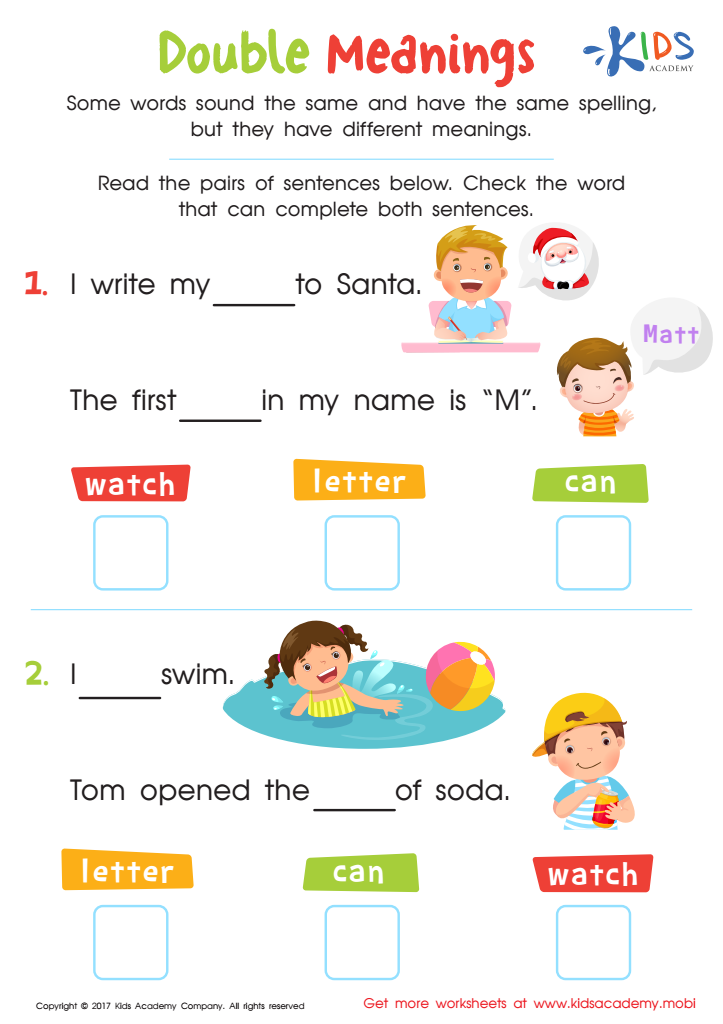

Double Meanings Worksheet
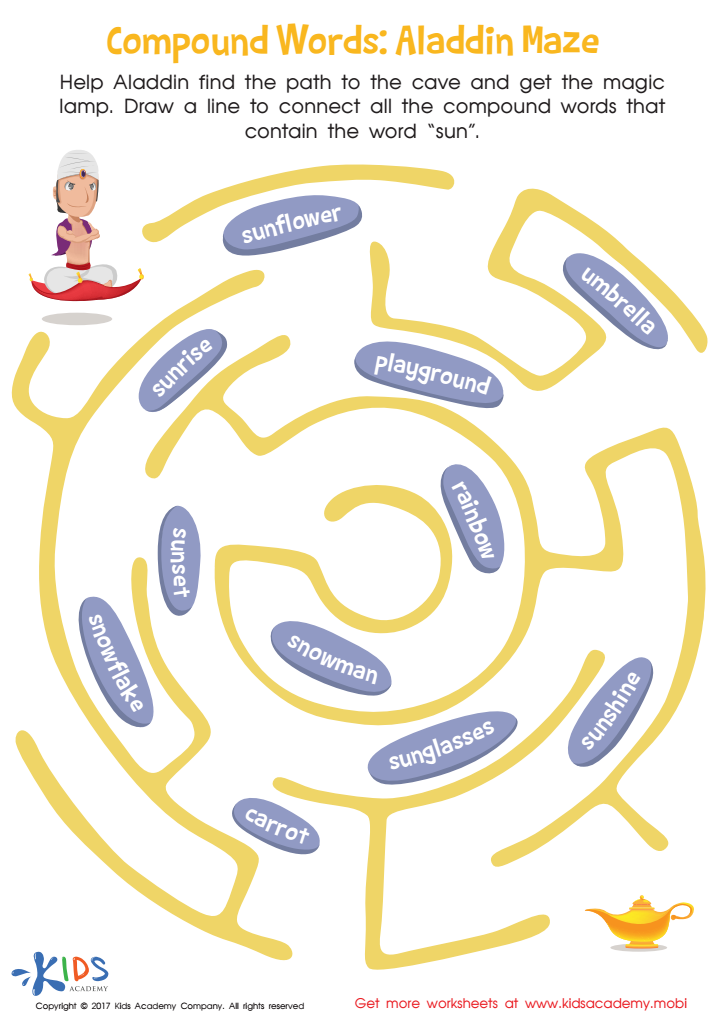

Compound Aladdin Maze Word Structure Worksheet
Vocabulary expansion is critical for children aged 3-5, as this foundational stage shapes their linguistic abilities and cognitive development. Parents and teachers should prioritize vocabulary growth because it directly influences a child’s comprehension, communication, and overall academic success. An enriched vocabulary fosters better reading skills; children who understand more words typically excel in literacy, paving the way for future learning.
Easy Grammar programs tailored for younger learners simplify complex grammar concepts, making language acquisition engaging and accessible. They introduce vocabulary through games, storytelling, and interactive activities, instilling an early love for learning. This playful approach not only enhances language skills but also boosts confidence in expressing thoughts and emotions.
Moreover, a robust vocabulary expands a child’s world, promoting curiosity and critical thinking. When children can articulate their ideas clearly, they're more likely to participate in discussions and collaborate with peers. Furthermore, strong vocabulary skills are linked to social and emotional development, as they enable children to better navigate interpersonal relationships.
In summary, investing time and resources in vocabulary expansion through enjoyable and practical methods fosters holistic development in young children, setting a strong foundation for lifelong learning and success.

 Assign to My Students
Assign to My Students
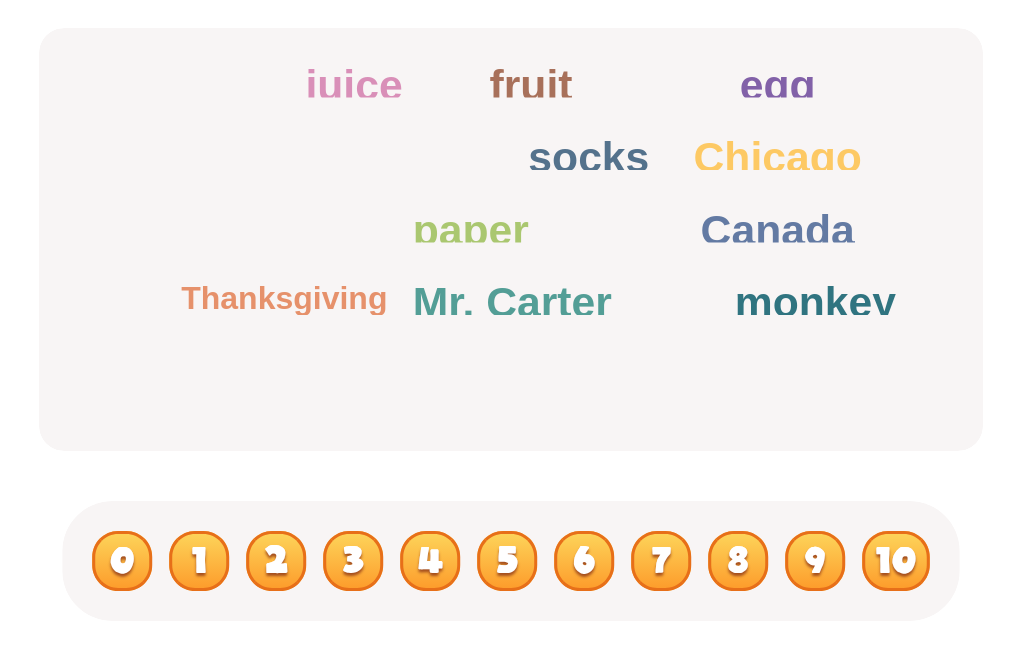
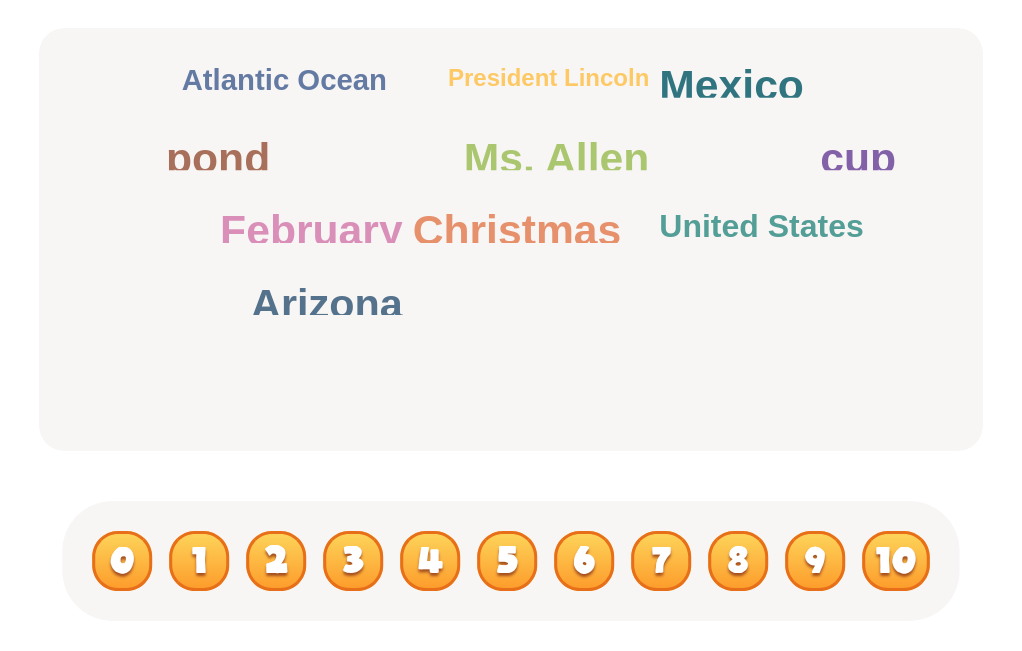
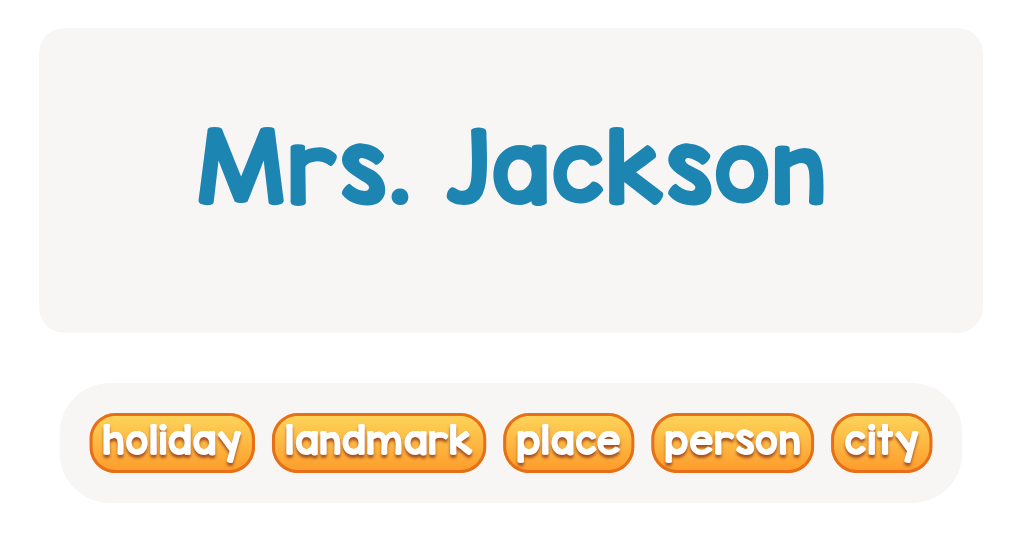
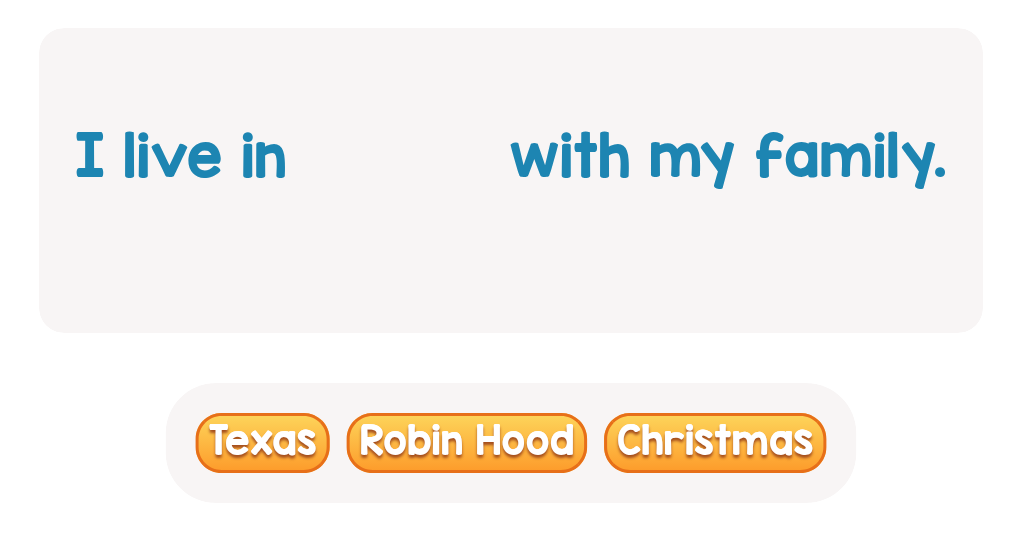

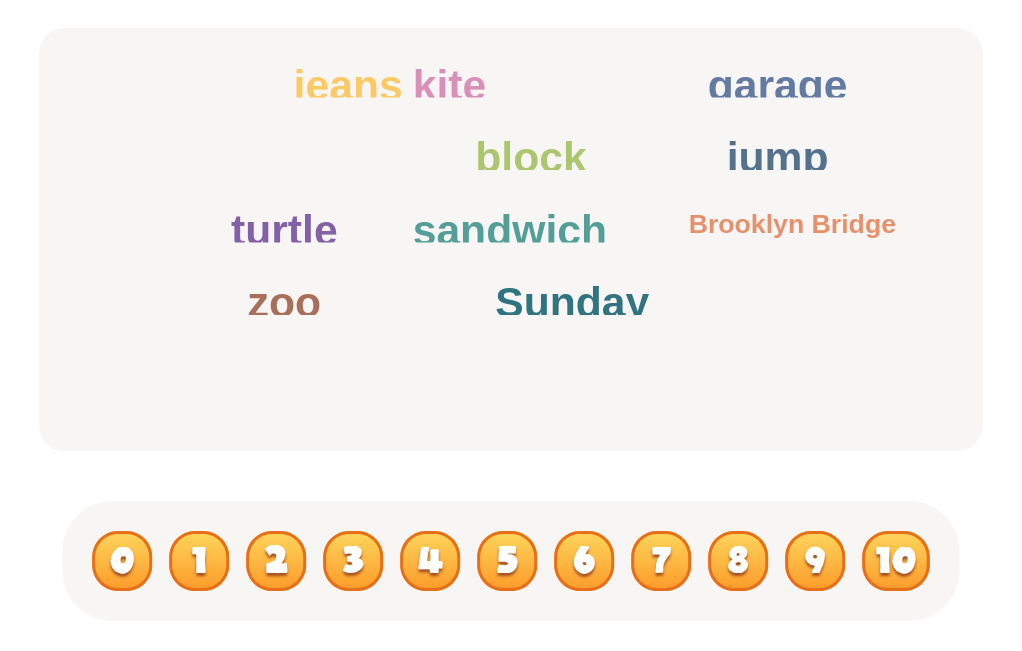
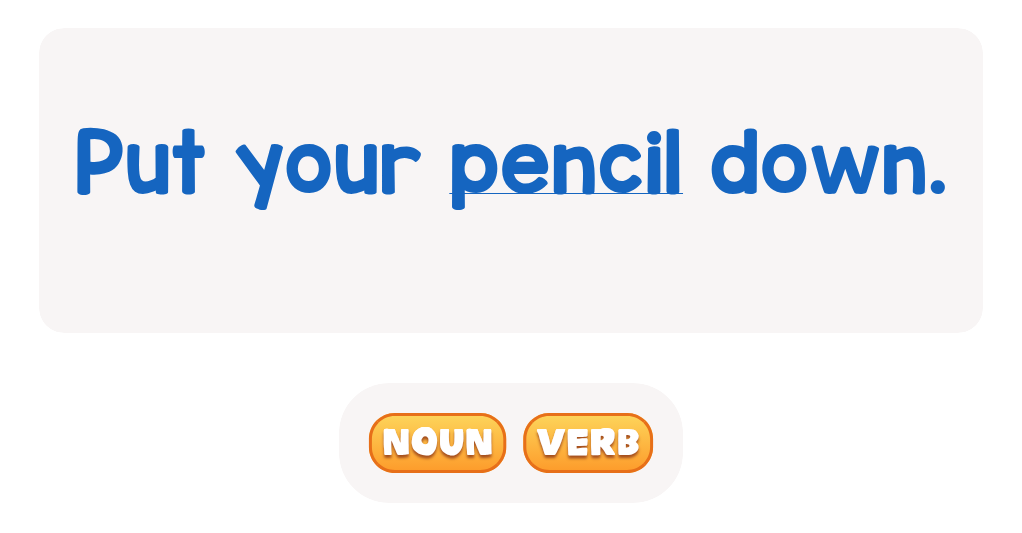
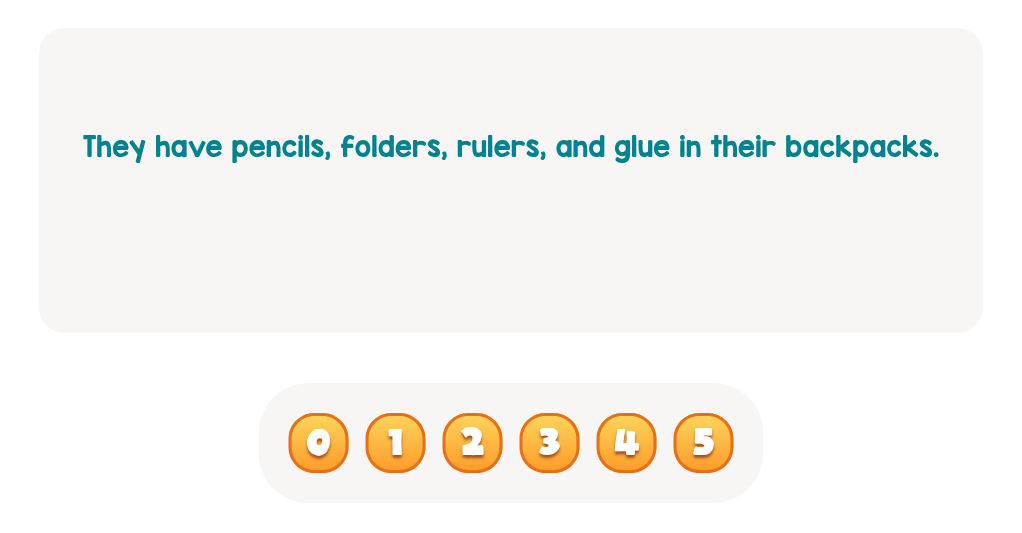
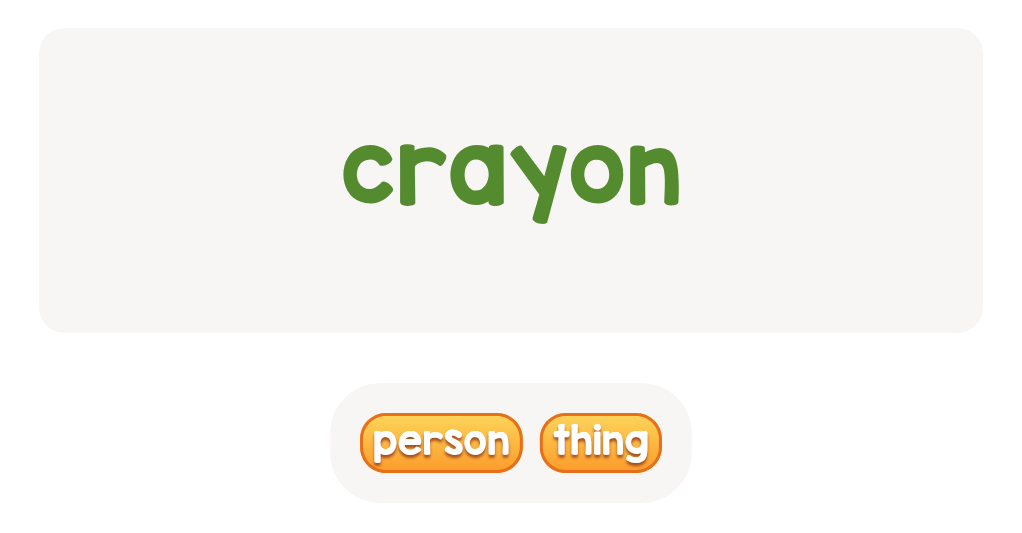
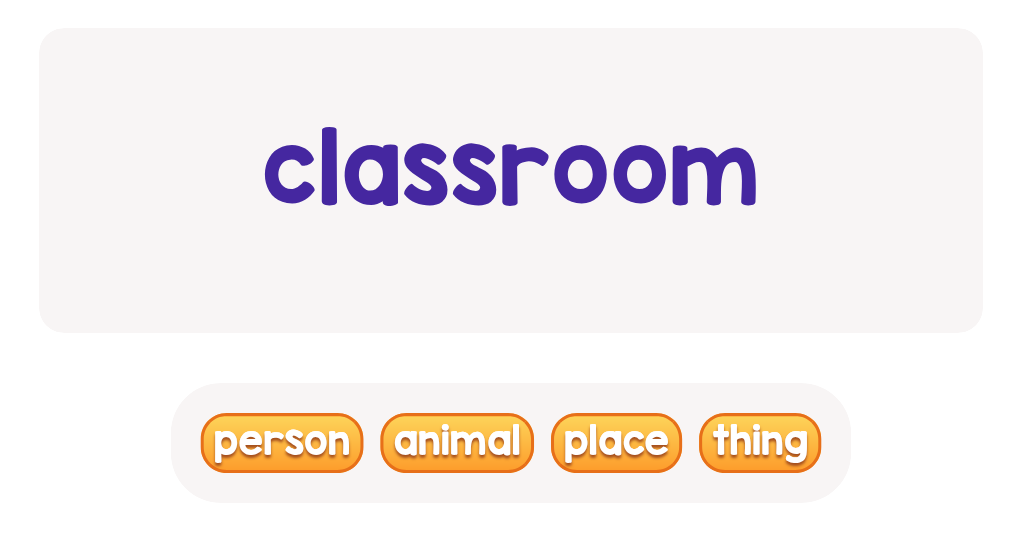






.jpg)







